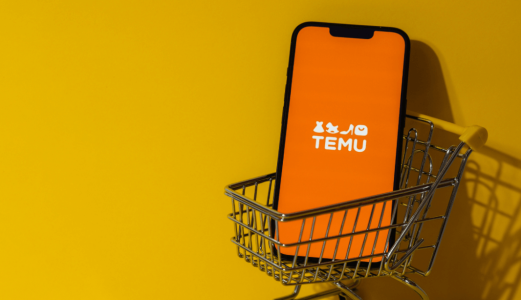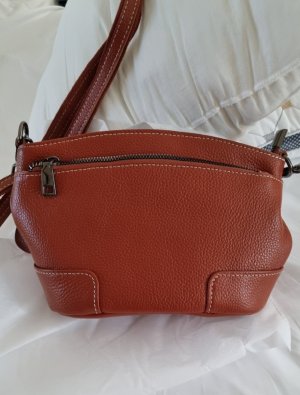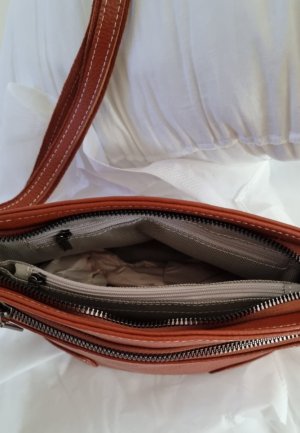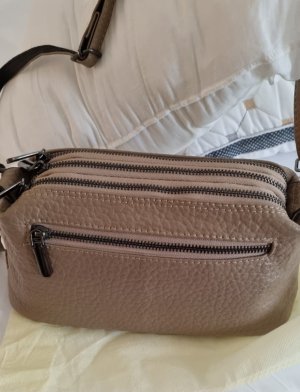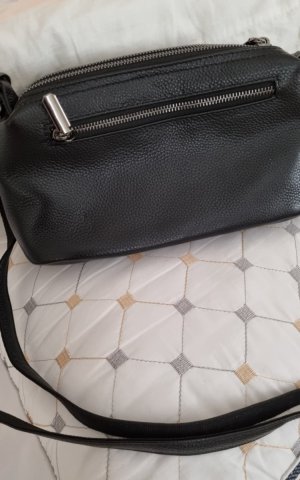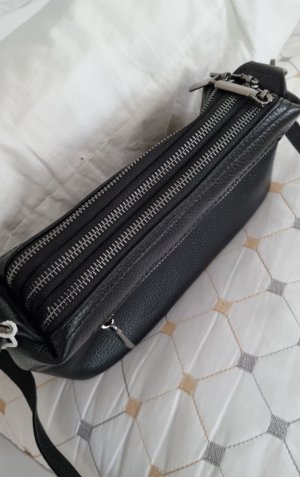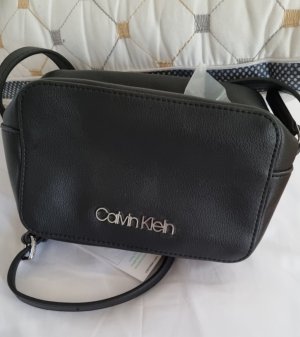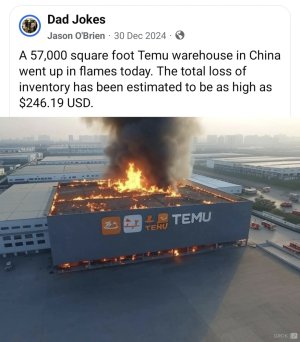This massive change by popular budget retailer could impact your wallet—find out how!
By
Gian T
- Replies 64
In a move that could have significant implications for Australian consumers, Temu, the bargain Chinese retailer, is taking steps to ensure the safety of its products by working with the Australian consumer watchdog to sign up for a voluntary product safety pledge.
This initiative places Temu alongside other e-commerce giants such as Amazon, AliExpress, eBay Australia, Catch.com.au, and MyDeal.com.au, all of which have committed to higher product safety standards.
The decision by Temu to pursue this pledge comes in the wake of a distressing incident involving an eight-year-old Queensland girl, Daniella Jacobs-Herd, who suffered severe burns while wearing a Temu-sold jumper.
The garment, which lacked the necessary fire safety warnings, ignited rapidly as the family gathered around a fire pit, leading to the tragic accident.
This incident has raised concerns about product safety and highlighted the need for stricter regulation of goods sold online.
In response to the incident, Temu has expanded a separate review of children's garments, demonstrating a proactive approach to consumer safety.
The voluntary safety pledge that Temu is considering is designed to ensure that multinational retailers adhere to stringent product safety rules and are responsive to safety concerns.
However, consumer groups argue that a voluntary agreement is insufficient and that the sale of unsafe products should be illegal.
Temu's commitment to safety is not new; the retailer signed similar safety pledges in Canada and South Korea in 2024.
‘We require all merchants on our platform to adhere to strict safety standards,’ a spokesperson stated.
‘We enforce these standards through a system of quality control measures, which include requiring relevant documentation, regular spot checks, continuous monitoring, and a reporting channel for the public,’
‘Products found or suspected to be non-compliant are swiftly removed, and merchants are held accountable through measures including warnings, penalties, product delisting, and account closure.’
Despite this, the company faced regulatory challenges in Vietnam, leading to a suspension of operations due to concerns over deep discounts and business registration issues.
The founder of Temu, Colin Huang, a former Google engineer, has seen his fortunes rise, reportedly becoming China's richest person last year.
This financial success is mirrored by the growth of Temu's overarching parent company, PDD Holdings, which became the most valuable US-listed Chinese company in 2023.
The company's vast selection of items across various categories, including clothing, beauty, sports, homewares, hardware, appliances, toys, and games, has driven this growth.
Incorporated in Delaware and headquartered in Boston, with PDD Holdings moving its headquarters to Dublin in 2023, Temu has thrived despite the Chinese regime's crackdown on the private sector.
Australian consumers have become increasingly familiar with Temu through its gamified store and pervasive advertising.
However, the retailer has faced scrutiny when Chinese-made children's clothes and toys have been deemed dangerous.
Following the incident with the jumper, the Australian Competition and Consumer Commission (ACCC) found that the product did not comply with mandatory standards due to the absence of a fire warning label.
Temu has since removed the specific product from its store and is conducting a thorough review of children's garments as a precautionary measure.
As consumers, it's crucial to be aware of the safety of our products, especially regarding items for our children.
Temu's move to sign the safety pledge is a step in the right direction.
Still, it also serves as a reminder to always check for safety standards and compliance, particularly when shopping online.
 Have you had any concerns about product safety when shopping online? Share your stories in the comments below.
Have you had any concerns about product safety when shopping online? Share your stories in the comments below.
This initiative places Temu alongside other e-commerce giants such as Amazon, AliExpress, eBay Australia, Catch.com.au, and MyDeal.com.au, all of which have committed to higher product safety standards.
The decision by Temu to pursue this pledge comes in the wake of a distressing incident involving an eight-year-old Queensland girl, Daniella Jacobs-Herd, who suffered severe burns while wearing a Temu-sold jumper.
The garment, which lacked the necessary fire safety warnings, ignited rapidly as the family gathered around a fire pit, leading to the tragic accident.
This incident has raised concerns about product safety and highlighted the need for stricter regulation of goods sold online.
In response to the incident, Temu has expanded a separate review of children's garments, demonstrating a proactive approach to consumer safety.
The voluntary safety pledge that Temu is considering is designed to ensure that multinational retailers adhere to stringent product safety rules and are responsive to safety concerns.
However, consumer groups argue that a voluntary agreement is insufficient and that the sale of unsafe products should be illegal.
Temu's commitment to safety is not new; the retailer signed similar safety pledges in Canada and South Korea in 2024.
‘We require all merchants on our platform to adhere to strict safety standards,’ a spokesperson stated.
‘We enforce these standards through a system of quality control measures, which include requiring relevant documentation, regular spot checks, continuous monitoring, and a reporting channel for the public,’
‘Products found or suspected to be non-compliant are swiftly removed, and merchants are held accountable through measures including warnings, penalties, product delisting, and account closure.’
Despite this, the company faced regulatory challenges in Vietnam, leading to a suspension of operations due to concerns over deep discounts and business registration issues.
The founder of Temu, Colin Huang, a former Google engineer, has seen his fortunes rise, reportedly becoming China's richest person last year.
This financial success is mirrored by the growth of Temu's overarching parent company, PDD Holdings, which became the most valuable US-listed Chinese company in 2023.
The company's vast selection of items across various categories, including clothing, beauty, sports, homewares, hardware, appliances, toys, and games, has driven this growth.
Incorporated in Delaware and headquartered in Boston, with PDD Holdings moving its headquarters to Dublin in 2023, Temu has thrived despite the Chinese regime's crackdown on the private sector.
Australian consumers have become increasingly familiar with Temu through its gamified store and pervasive advertising.
However, the retailer has faced scrutiny when Chinese-made children's clothes and toys have been deemed dangerous.
Following the incident with the jumper, the Australian Competition and Consumer Commission (ACCC) found that the product did not comply with mandatory standards due to the absence of a fire warning label.
Temu has since removed the specific product from its store and is conducting a thorough review of children's garments as a precautionary measure.
As consumers, it's crucial to be aware of the safety of our products, especially regarding items for our children.
Temu's move to sign the safety pledge is a step in the right direction.
Still, it also serves as a reminder to always check for safety standards and compliance, particularly when shopping online.
Key Takeaways
- Bargain Chinese retailer Temu is working with the Australian Competition and Consumer Commission (ACCC) to sign a voluntary product safety pledge after a safety incident.
- The pledge aligns Temu with major multinational retailers committed to tighter product safety rules in response to consumer concerns.
- This initiative follows an incident involving a young girl in Queensland being burnt by a jumper sold by Temu, which lacked proper fire safety warnings.
- Temu, whose parent company is US-listed and has become notable for its value, continues to operate in Australia despite regulatory issues in other regions and promises to prioritise consumer trust and compliance with local regulations.

